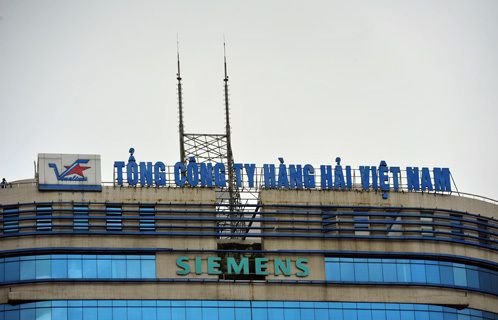At the Conference to promote the restructuring of state-owned enterprises under the Ministry of Transport on March 27, Mr. Le Anh Son, Deputy General Director of Vietnam National Shipping Lines (Vinalines) affirmed that without restructuring
`If we only implement the goal of divestment, we can only handle a small part of the debt. Debt freezing and debt forgiveness are needed for restructuring to be successful. However, currently banks do not want to do the job.
Minister Thang said that the restructuring of Vinalines is still slow.
However, Minister Dinh La Thang said that the detailed implementation of Vinalines’ restructuring plan was extremely slow because some leaders were not careful.
`It is necessary to come up with a clear plan to see which units need to be retained, where to go bankrupt, merge… Regarding debt negotiations with banks, report any problems immediately. If necessary,
In the first 2 months of 2013, Vinalines’ total shipping output was estimated at 4.3 million tons;
Regarding the restructuring of another corporation, Vietnam Shipbuilding Industry Group (Vinashin), Mr. Vu Anh Tuan – new General Director said that there is currently no progress.
According to Vinashin leaders, there are 216 enterprises subject to restructuring, of which 19 enterprises have agreements with DATC to buy and sell debt and equitize.
Minister Dinh La Thang emphasized that to restructure, Vinashin Group needs to promote ship sales to resolve debts.
At the Conference, leaders of the Ministry of Transport also made a general assessment of the operating situation of affiliated businesses and corporations.
In 2013, the Ministry of Transport continued to carry out bankruptcy procedures for a number of enterprises belonging to Vinashin, Vinalines, Construction Company 506 under Traffic Construction Corporation 5, and Trading and Investment Company.
According to the report, enterprises under the Ministry currently owe workers more than nearly 205 billion VND in wages and over 223 billion VND in social insurance and health insurance.
Units in the basic construction and industrial production sectors, due to lack of capital, delayed projects, and slow consumption of products, workers in these projects lack jobs and have to take regular and rotating breaks.
Ngoc Tuyen










